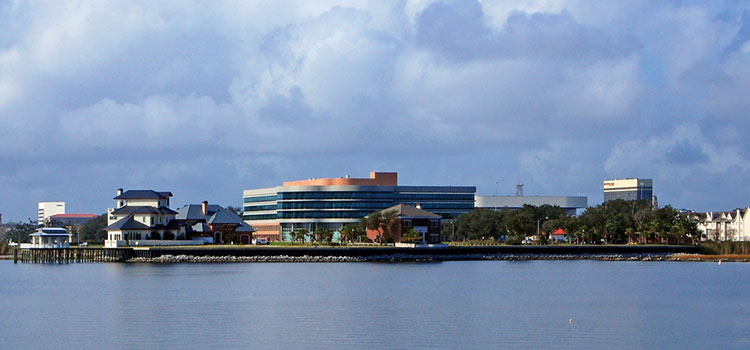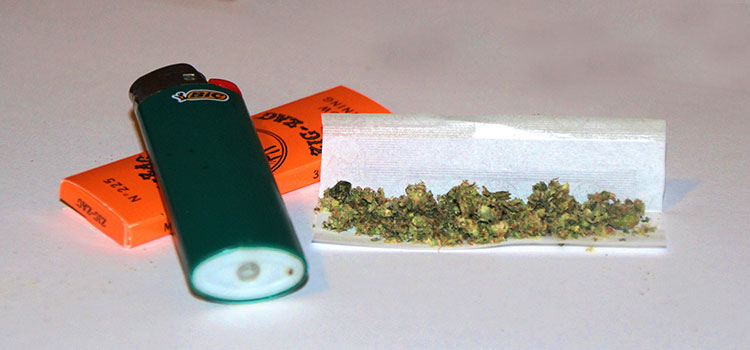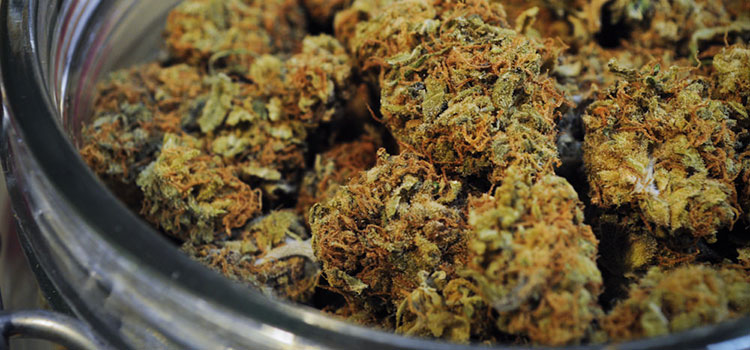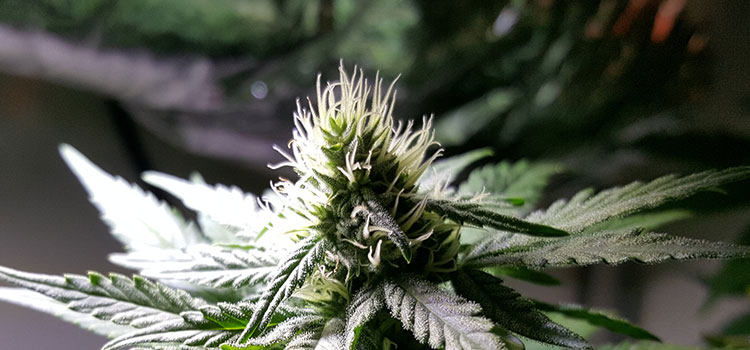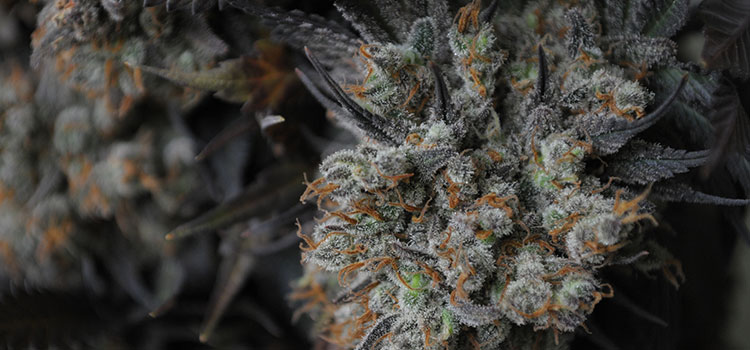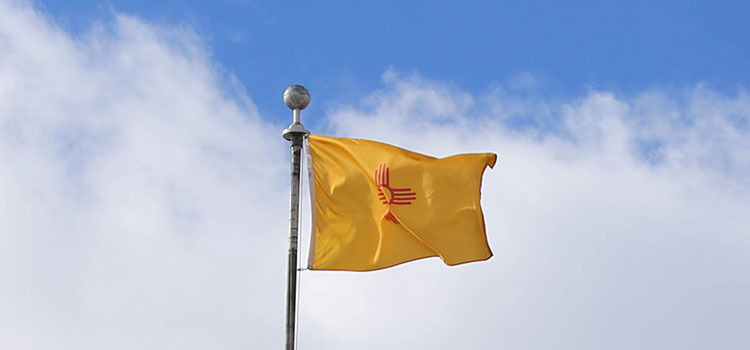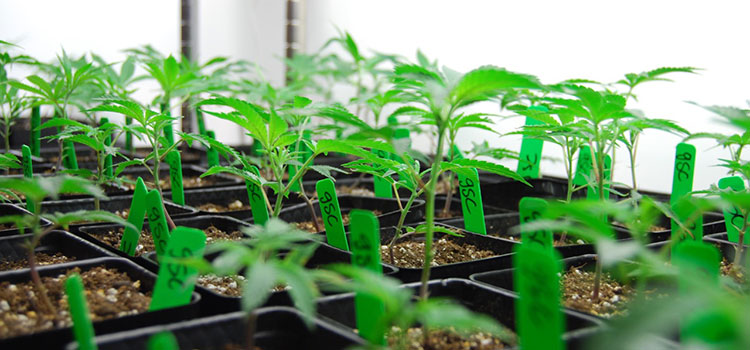Doctors in New South Wales, Australia can now legally prescribe medical cannabis as new regulations take effect today, the New Daily reports.
Patients suffering from HIV/AIDS, Alzheimer’s Disease, arthritis, cancer, diabetic peripheral neuropathy, multiple sclerosis, anxiety, depression, epilepsy, glaucoma, schizophrenia, Chron’s disease, and sleep disorders will now have access to cannabis therapies.
“This change increases the options available for doctors as it means a broader range of cannabis-based medicines can be prescribed – while we continue our evidence-based research looking further into the role medicinal cannabis can play,” Premier Mike Baird said in the report.
Cannabis treatment options in the state include smoking, oils, pills, tinctures, and injections.
Medical Research Minister Pru Goward suggested this might just be the beginning for medicinal cannabis use in the country, noting that his department is investing $21 million “to further world-leading research.”
“There is still a lot to learn about safety and efficacy for different patient conditions and groups,” he said.
Doctors will need to get approval from both NSW Health and the Commonwealth Therapeutic Goods Administration before they can begin prescribing cannabis to patients.
“It is an important step forward to look after patients in terminal situations or suffering side effects from chemotherapy, so it adds to our arsenal,” Australian Medical Association NSW spokesman Saxon Smith said. “This isn’t wholesale access to any type of cannabis. It’s about medication obtained legally and it doesn’t mean homemade tinctures and oils.”
Last week, the NSW government was approved by the federal government to grow cannabis in order to research the best cultivation methods. The drug will be grown under strict supervision in a high security facility.
End




